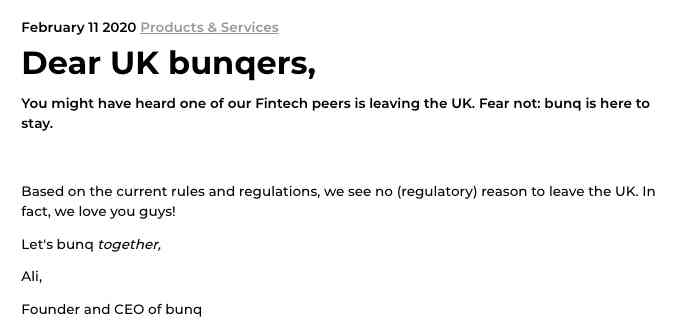On Wednesday, Google restored Ethereum app MetaMask, after it mistakenly removed it from its Play Store.

Earlier this week, Google backtracked on its ban of Ethereum app and wallet MetaMask after removing it from its Play Store just a week earlier. The wallet app conveyed the U-turn in a tweet on New Year’s Day .
MetaMask was banned last week after the Big G reportedly believed that the app was mining cryptocurrency. If you’re not up to speed on Google Play Store terms of use, mining apps aren’t allowed on the platform.
However, MetaMask doesn’t mine cryptocurrencies, rather it serves as an cryptocurrency and token wallet to allow users to interact directly with Ethereum dapps.
Google has had a tumultuous past when it comes to cryptocurrency apps and its Play Store.
Back in July 2018, it banned cryptocurrency mining apps from its Play Store. A report from Ars Technica in 2017 found that malicious cryptocurrency mining malware installed on phones could physically damage devices if left to run for too long.
Indeed, by banning mining apps Google was, in part, working in the interests of its users. However, 30 days after the initial ban , the Play Store still featured numerous apps that contravened its policy update .
Once Google is made aware of apps that break its rules, it usually acts relatively swiftly to remove them. For MetaMask though, it looks like Google was a little too quick to the draw.
German fintech N26 to leave UK — because Brexit
German fintech startup N26 will pull out of the UK market completely, as it says its European banking license won’t permit operation there following Brexit.

UK-based customers of the Berlin-based company were told today their accounts would close by April 15th, Reuters reports .
N26 opened shop in the UK just five months ago, some two years after the public voted to leave the European Union in the first place.
In fact, its CEO Valentin Stalf told CNBC in October that launching in the UK was “a no-brainer for us, independent of Brexit.”
N26 hosts approximately 200,000 British accounts, whose owners are likely to be pushed towards digital banking alternatives like Monzo and Revolut.
N26 not even in top 10 ‘challenger banks’ in the UK
It didn’t take long for rivals to poke fun at N26. Dutch startup Bunq posted a blog offering its skepticism over whether regulatory concerns truly motivated N26’s sudden post-Brexit bailing.


Certainly, N26 is successful in other markets. It reportedly boasts 4.5 million users globally, but it never really found a solid foothold in the oversaturated British market.
Indeed, data published by Sifted in December revealed N26 ranked 19th in the list of top British fintechs, sorted by monthly active users. Cryptocurrency exchange Coinbase had more users.
As for Revolut and Monzo, they already service more than 1 British million customers, as does Starling Bank. So, instead of continuing to struggle to poach users, N26 is expected to focus on growing its presence in the US market.
The Peter-Thiel backed startup has serviced customers across the US since mid-2019. Last month , N26 claimed it had attracted 250,000 American users, including some who’d moved over from big names like Chase and Citibank — but it need loads more if it’s going to thrive there, too.
Twitter’s new stakeholder reportedly wants to remove CEO Jack Dorsey
Twitter CEO Jack Dorsey‘s job at the microblogging platform is reportedly at risk, as Elliott Management , a new major stakeholder in the company is looking to have him replaced, according to Bloomberg .

The $40 billion hedge fund, which is a major activist investor (the kind of investor that acquires a stake in a company in order to influence its direction in business) led by billionaire Paul Singer, isn’t keen on Dorsey serving as CEO at both Twitter and Square simultaneously.
With a 4% stake in the firm that it acquired at a cost of roughly $1 billion , it’s aiming to place new board members at the company; three positions will become available this year, and Elliott has nominated four directors. We’ll have to wait until Twitter‘s annual shareholder meeting in May to see if Elliott is successful.
For his part, 43-year-old Dorsey was Twitter‘s first CEO back in 2008, and returned to the role in 2015. He has helped drive the growth of its user base over the past four-and-some years. However, the company’s stock dipped by more than 20% last October after a poor Q3 in 2019 — a lapse that it blamed on bugs in its ad targeting systems.
In addition to payments firm Square, Dorsey is also backing a cryptocurrency startup called CoinList . He owns only 2% of Twitter, and might well be ousted from his CEO post there if the board is sufficiently influenced by Elliott. All eyes will be on the company come May to see how this plays out.











